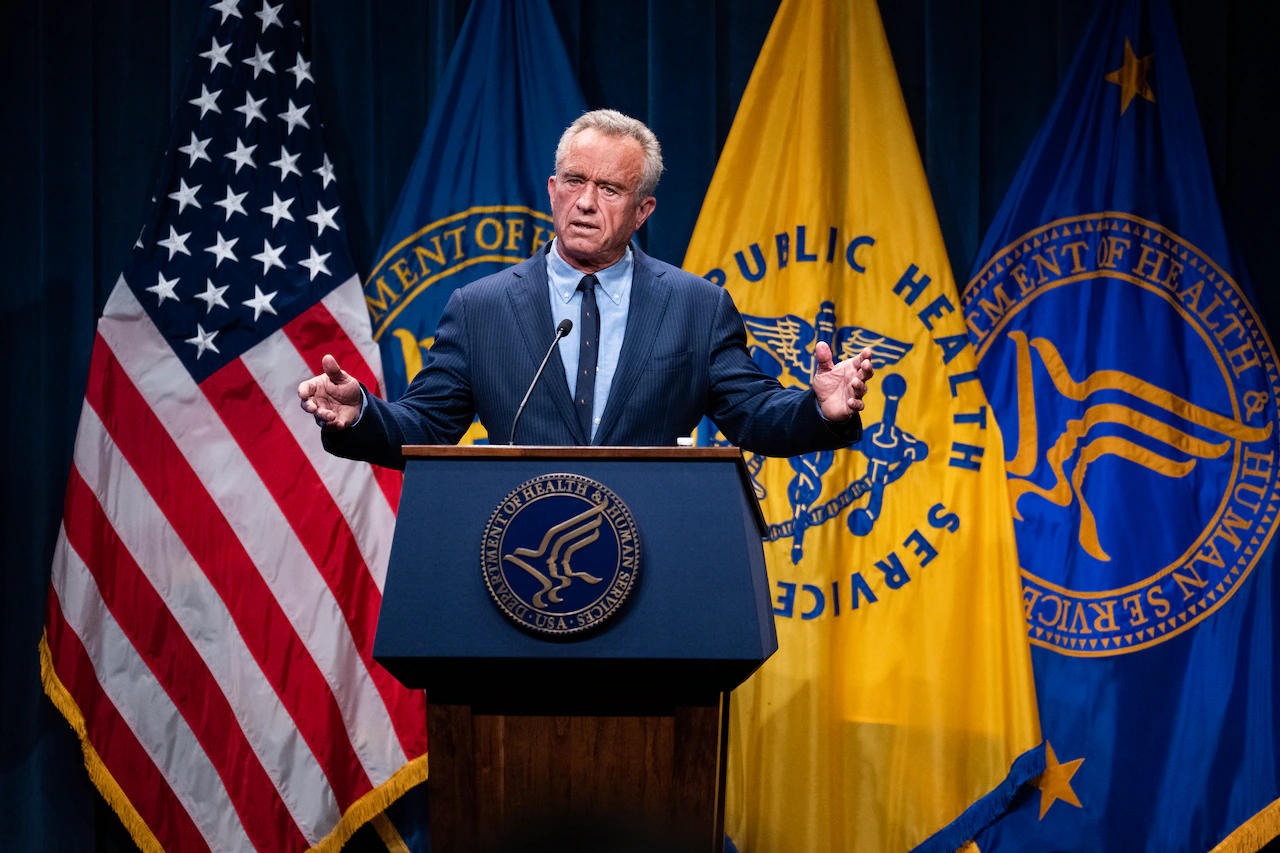By Indigo Jones,Linda Howard
Copyright walesonline

The Department for Work and Pensions (DWP) has revealed that nearly four million households are set to receive an annual income boost estimated at £725, following the Royal Assent of a Bill overhauling the welfare system on 3 September. The DWP have recently announced more information about their Winter Fuel Payment, you can read more here. The Universal Credit Act 2025 is now officially an Act of Parliament. This bill outlines reforms aimed at rebalancing the core payment and health top-up in Universal Credit. The legislation will result in the Universal Credit standard allowance permanently rising above inflation. This will equate to a cash increase of £725 by 2029/30 for a single person aged 25 or over. For money-saving tips, sign up to our Money newsletter here . The Institute for Fiscal Studies (IFS) states this represents the largest permanent real terms increase to the main rate of out-of-work support since 1980. The DWP has explained that the rebalancing of Universal Credit’s health and standard elements aims to rectify a fundamental imbalance in the system which currently encourages dependency. Alongside these changes, the DWP has introduced significant new measures, granting individuals receiving health and disability benefits the right to attempt work without fear of reassessment. This new ‘Right to Try Guarantee’ applies to people with a disability or health condition (such as those recovering from illness) who wish to return to work now their health has improved. The Bill outlines provisions to safeguard the most vulnerable and severely disabled individuals, including 200,000 in the Severe Conditions Criteria group, those with the gravest, lifelong conditions who are unlikely to see an improvement, who will be exempt from Universal Credit reassessment. Under the new measures, all current and future claimants of the Universal Credit health component, as well as new claimants with a prognosis of 12 months or less to live or who meet the Severe Conditions Criteria, will benefit from an annual increase in their standard allowance combined with their Universal Credit health element. This increase will be at least in line with inflation each year from 2026/27 to 2029/30. The DWP commented: “This means they can live with dignity and security, knowing the reforms to the welfare system mean it will always be there to support them.” Furthermore, the DWP is placing disabled people at the forefront of a ministerial review of the Personal Independence Payment (PIP) assessment process. The review, led by Disability Minister Sir Stephen Timms, will be co-produced with disabled individuals, relevant organisations, experts, MPs, and other stakeholders to ensure it is equitable and suitable for the future. The DWP added: “We will be engaging widely over the summer to design the process for the review and consider how it can best be co-produced to ensure that expertise from a range of different perspectives is drawn upon. “These reforms are underpinned by a major investment in employment support for sick and disabled people – worth £3.8 billion over the Parliament. Funding will be brought forward for tailored employment, health and skills support to help disabled people and those with health conditions get into work as part of our Pathways to Work guarantee.” The DWP further stated: “This investment will accelerate the pace of new investments in employment support programmes, building on and learning from successes such as the Connect to Work programme, which are already rolling out to provide disabled people and people with health conditions with one-to-one support at the point when they feel ready to work.” Thomas Lawson, CEO of Turn2us, recently voiced his concerns about the reforms, saying: “MPs voted to reduce support for people unable to work by over £200 a month. Halving the health element of Universal Credit for anyone who becomes sick from April 2026 will increase hardship and mean even more people are going without essentials.” He also urged the government to take action, stating: “To build a system we can all trust, the government now needs to review the whole system and really listen to disabled people and organisations like ours. In a country as wealthy as ours, sickness should never mean hunger or eviction.”



